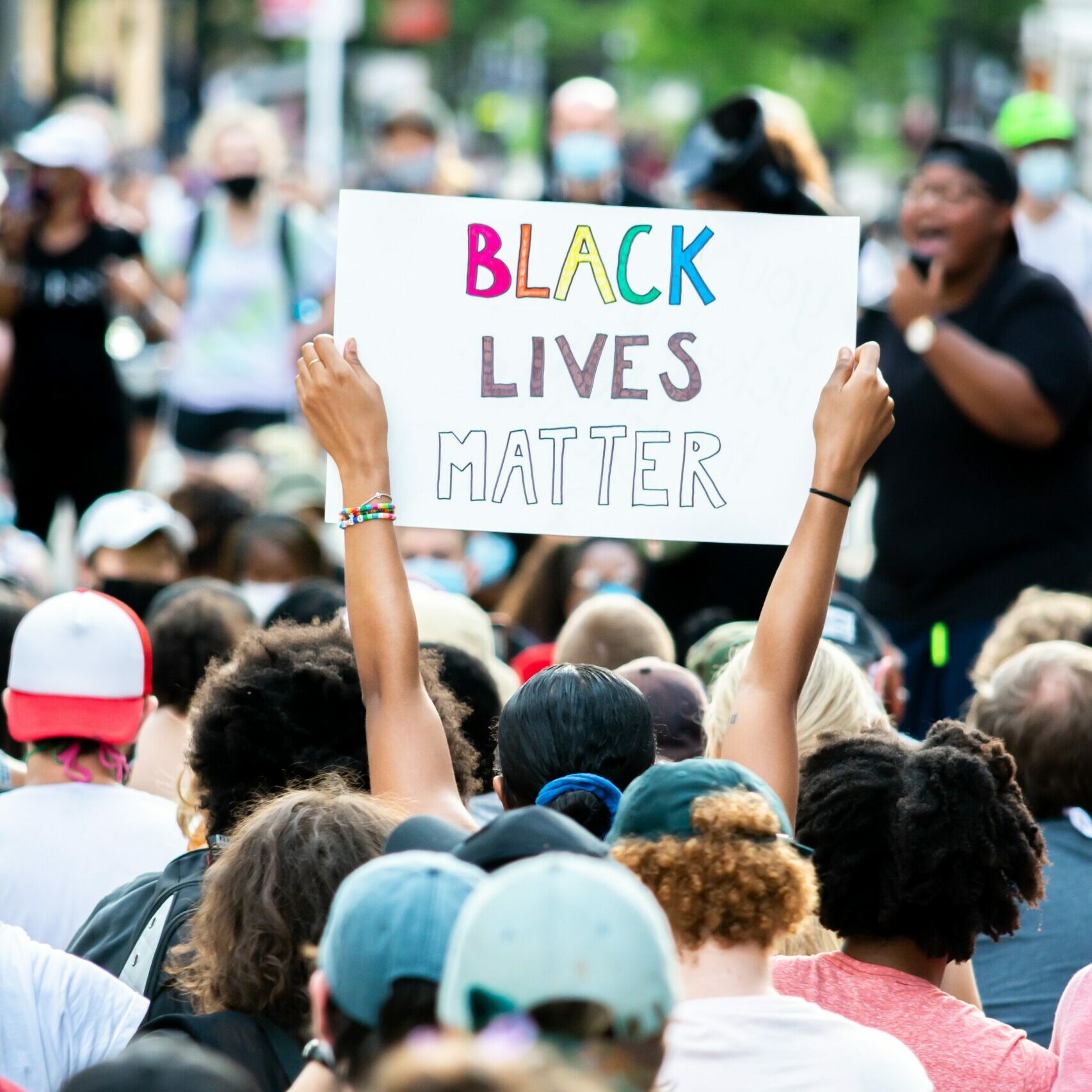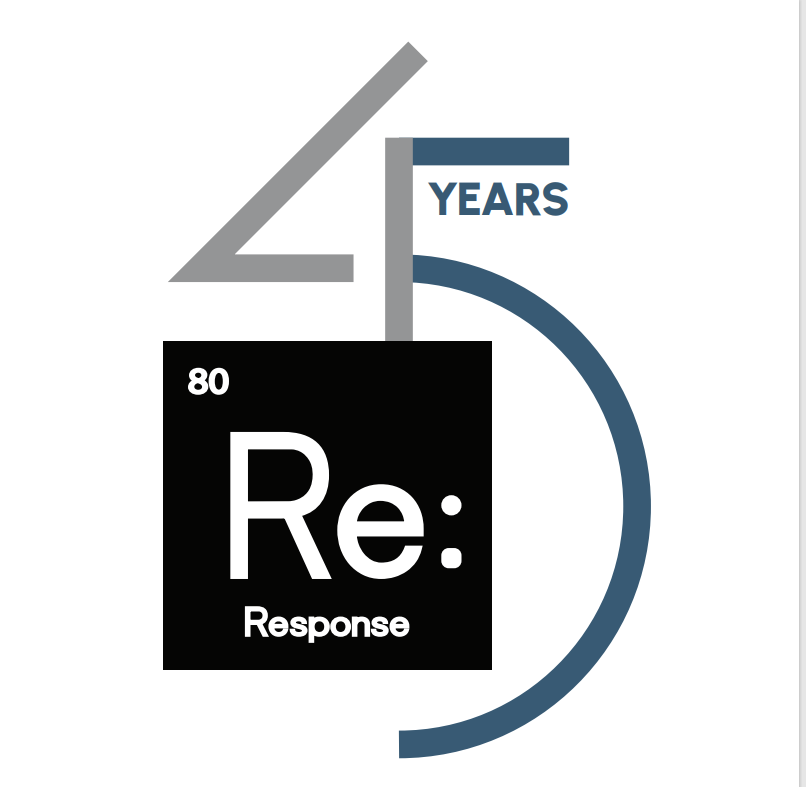Merriam-Webster credits Twitter users with creating and popularizing the word’s new meaning, defining someone cancel-worthy when the person in question expresses an “objectionable opinion” or has “conducted themselves in a way that is unacceptable.”
A look at Google Trends shows the phrase “Cancel Culture” has remained relevant throughout 2023:
And the phrase was named Macquarie Dictionary’s word of the year. Let’s breakdown what Cancel Culture means, discuss how it impacts brands, and share thoughts on what brands can do to avoid issues.
What is Cancel Culture?
As The Washington Post’s Abby Ohlheiser and Elahe Izadi explain it, canceling involves “shaming a public figure for alleged wrongdoing, and advocating for them to lose access to their platform.” While their definition focused on celebrities and household names, of course, brands are not immune to this new trend. The new wrinkle of Cancel Culture is social media. Public outcry has a new voice where not only do people stop buying, they spread the word and organize public campaigns to shame the offending party.
The Washington Post wrote earlier this year that Cancel Culture is democracy at its finest. As Andrew Yang told The Hill, “Cancel Culture has really become sort of a source of fear for many Americans where we live in a culture that you are somehow afraid that if you say the wrong thing that your life could be changed forever.”
Bottom line: if someone does something that others see as problematic, they can automatically lose not only consumer patronage, but lose all their social currency, too. Boom…you’re done. Now, what is worth of being cancelled is hard to define and somewhat controversial.
Cancellations can result from a minor offense or a celebrity tiff (see Taylor Swift) to egregious behavior (see Roseanne and Harvey Weinstein). Or, they can result from an attempt from the opposition to silence others. Examples here include Donald Trump, Kamala Harris, Joe Biden. By the time this article is finished, according to a New York Times piece last year, “everyone is canceled”.
If everyone gets canceled, is anyone really canceled? Or, is Cancel Culture is a symptom of our hyper-sensitive, quick-to-blame, and quicker to offend society? Regardless of the reality for celebrities and politicians, for brands, it is a different story.

For Brands, Cancel Culture May be All Too Real
People are more conscious and demand more transparency than they ever have in the past. People are quick to accuse brands of “woke washing.” (For those that don’t know, that is when a brand acts like they are socially conscious when, in fact, they are just using the cause for the press in hopes of creating customer goodwill.)
Cancel culture is such a hot trend that an advertising company has a dedicated team called “Backslash” that focuses solely on figuring out big cultural shifts that will, in turn, affect advertising, marketing, and media.
Brands must be sensitive to “cancellations” but we recommend keeping proper perspective to avoid damaging knee-jerk reactions.
What to Consider in the Age of Cancel Culture:
Brands must realize the demand from consumers and shoppers to represent something more significant today. Embedding ‘purpose’ in everything you do is critical to the long-term sustainability of a business.

It is essential to hold your brand to the higher standard now emerging. When a brand chooses to support an issue, they need actually to support the cause. People expect more than profit donation or a limited-time promotion supporting a trendy cause.
Establishing strong company and brand values is essential. Before choosing a side on any controversial issue, brands should ensure their values are fully embedded throughout the organization. These values must be the driving force behind, if, when, and what proactive stands to take.
When a brand takes sides, it will alienate some part of the population. While using values as a guide may not help brands avoid consumer backlash, but they can help a brand overcome claims of “woke washing.”
Lastly, as with all aspects of one’s business, a crisis communications plan should be in place well in advance of any issues. Having an outlined way to handle matters upfront helps brands avoid a knee-jerk or panicked reaction. A quick, emotional response can do more harm than good. Brands that establish – and keep crisis communications plans updated – have a leg up should an issue arise.
Cancel Culture is a thing. Is it here to stay, or a blip for brands? Perhaps the answer lies somewhere in between, and only time will tell. The truth about Cancel Culture, however, is that unaware and unprepared brands can be negatively impacted.

















